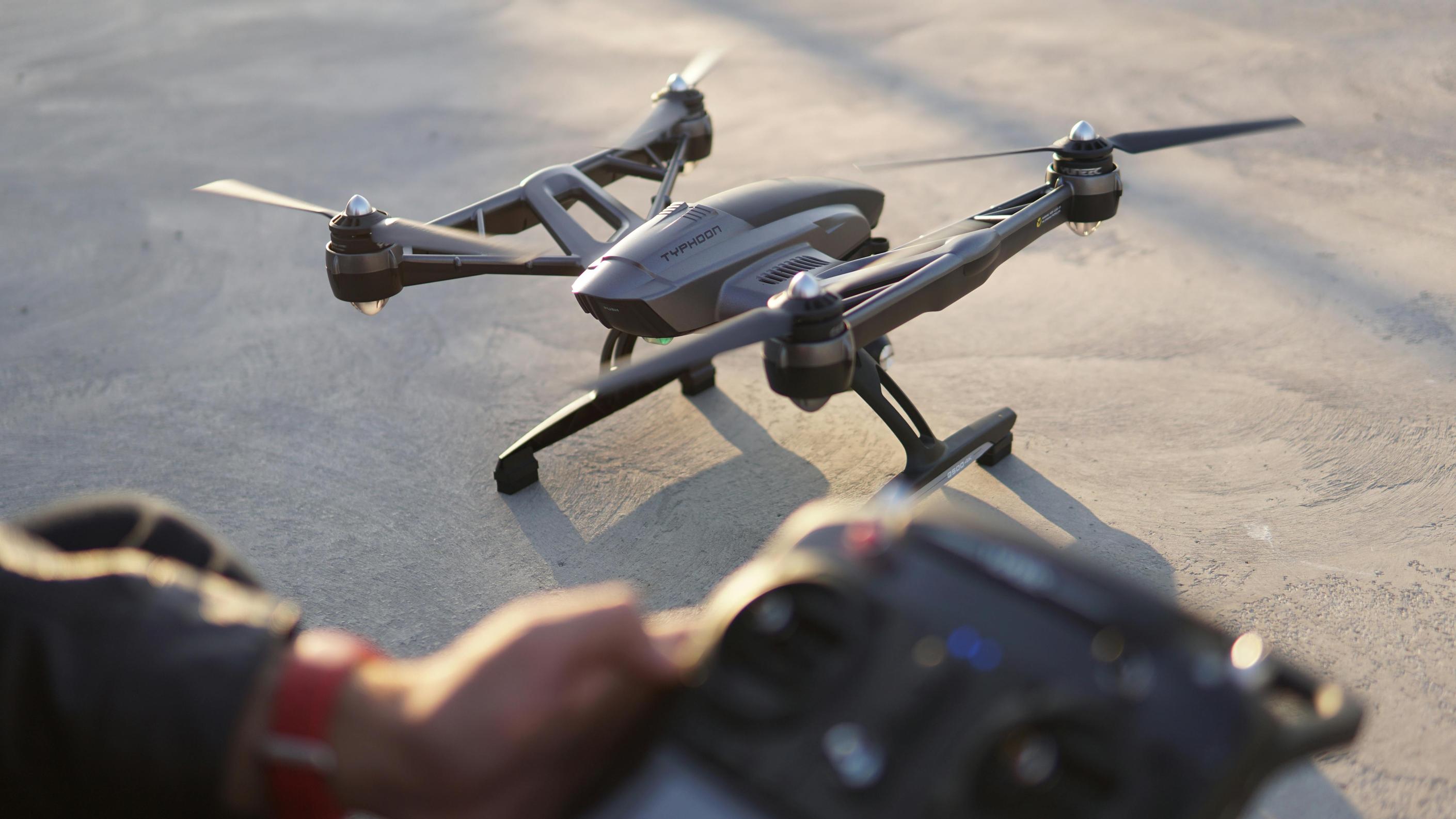Introduction
The UAV industry has expanded rapidly, offering numerous career opportunities. As drones become more prevalent in various fields, they bring with them a surge of innovative jobs. This blog will delve into UAV jobs, detailing various roles, required qualifications, key industries, salary expectations, job search tips, and emerging trends. Whether you are a seasoned professional or just entering the job market, understanding the UAV job landscape will help you navigate your career path effectively.

Overview of the UAV Industry
The UAV (unmanned aerial vehicle) industry encompasses the development, operation, and application of drones. Initially focusing on military applications, UAV technology has since expanded into numerous civilian and commercial markets. The industry includes diverse sectors such as agriculture, construction, emergency services, film, and real estate. With evolving technology and growing infrastructure, the demand for skilled UAV professionals is on the rise, creating a favorable job market for enthusiasts and experts alike.
Popular UAV Job Roles
UAV Pilots
UAV pilots are responsible for operating drones, ensuring safe flights, and capturing required data. They work in various sectors including agriculture, real estate, and emergency services. Strong hand-eye coordination and technical knowledge are essential for this role.
UAV Technicians
Technicians focus on the maintenance, repair, and assembly of UAVs. They need to be skilled in mechanics and electronics to ensure the drones are functioning correctly. This role often involves troubleshooting and upgrading systems.
Data Analysts
Data analysts interpret the data gathered by UAVs. In sectors like agriculture, they help optimize crop yields, or in construction, they assess project progress. Proficiency in data analysis tools and software is crucial for this position.

Qualifications and Skills Needed
Educational Requirements
A background in engineering, computer science, or aviation can provide a strong foundation. Degrees in aerospace engineering or a related field are often preferred. Community colleges and technical schools also offer relevant UAV courses.
Certifications and Licenses
Certifications like the FAA Part 107 Remote Pilot Certificate in the U.S. are necessary for commercial drone operations. Additional certifications from recognized institutions can enhance job prospects and credibility.
Key Skills and Proficiencies
- Technical Skills: Understanding UAV hardware and software.
- Operational Skills: Efficiently piloting drones under various conditions.
- Analytical Skills: Interpreting and analyzing data gathered by UAVs.
- Communication Skills: Clear reporting and coordination abilities.
Key Industries for UAV Professionals
Agriculture
Drones are revolutionizing agriculture through precision farming. UAV professionals in this sector help monitor crop health, plan irrigation, and optimize pesticide usage.
Construction
In construction, drones assist in site surveys, project monitoring, and safety inspections. UAV professionals collect and analyze data to enhance project efficiency and safety.
Emergency Services
UAV operators support emergency services by providing aerial views during search and rescue missions or disaster responses. Their work can be life-saving, aiding in quick and informed decision-making.
Film and Photography
The creative industry relies on UAVs for cinematic shots and unique perspectives. UAV professionals in this field often have a background in cinematography or photography and possess excellent piloting skills.

Salary Expectations and Career Growth
UAV job salaries can vary based on role, experience, and industry. Entry-level UAV pilots may start at around $40,000 annually, while experienced professionals can earn upwards of $100,000. Technicians and data analysts typically see salaries ranging from $50,000 to $90,000. The industry offers substantial career growth as technology evolves and the application of UAVs expands.
Job Search Tips for UAV Professionals
Platforms to Find UAV Jobs
Job seekers should explore specialized job boards like Drone Deploy, Indeed, and LinkedIn. These platforms regularly list openings in diverse industries. Networking is crucial. Attend industry conferences, join UAV associations, and participate in online forums and webinars. Building professional relationships can lead to job referrals and inside information on job openings.
Networking Strategies
Networking is crucial. Attend industry conferences, join UAV associations, and participate in online forums and webinars. Building professional relationships can lead to job referrals and inside information on job openings.
Preparing for UAV Job Interviews
Preparation is key. Understand the company, its UAV applications, and the specific role. Practice flight simulations if applying for a pilot position. Be ready to discuss your technical skills and past experiences.
Emerging Trends in the UAV Job Market
Autonomous UAV Operations
The rise of autonomous drones is reshaping the industry. Professionals adept in AI and machine learning are in demand to develop and manage these systems.
UAVs in Disaster Response and Management
Innovative uses of UAVs in disaster scenarios are expanding. Professionals in this domain focus on real-time data collection and analysis to aid response efforts.
Innovations in UAV Data Analytics
Advancements in analytics are crucial. UAV data analysts are increasingly using sophisticated software to provide detailed insights, requiring up-to-date technical knowledge.
Environmental and Sustainability Roles
Drones contribute to environmental monitoring and conservation efforts. UAV jobs in this sector focus on wildlife monitoring, deforestation tracking, and climate research.
Legal and Regulatory Careers in UAVs
As UAV use grows, so does the need for regulatory professionals to navigate legal aspects. Knowledge of aviation laws and policies can lead to careers in compliance and regulation.
Remote Work Opportunities for UAV Professionals
The industry’s progression allows for more remote work opportunities, particularly in data analysis and software development roles. Professionals can contribute to projects from anywhere in the world.
Conclusion
A career in the UAV industry promises excitement and growth. With the right qualifications and a keen eye on emerging trends, UAV professionals can find numerous opportunities across various industries. Adapting to advancements and networking effectively will set the foundation for a successful career in this dynamic field.
Frequently Asked Questions
What qualifications do I need for a UAV job?
A relevant degree, certifications, and technical skills are essential for UAV jobs.
How much can I earn in a UAV job?
Salaries range from $40,000 to over $100,000, depending on the role and experience.
What are the emerging trends in the UAV job market?
Autonomous operations, disaster response, data analytics, environmental roles, and legal careers are key emerging trends.
